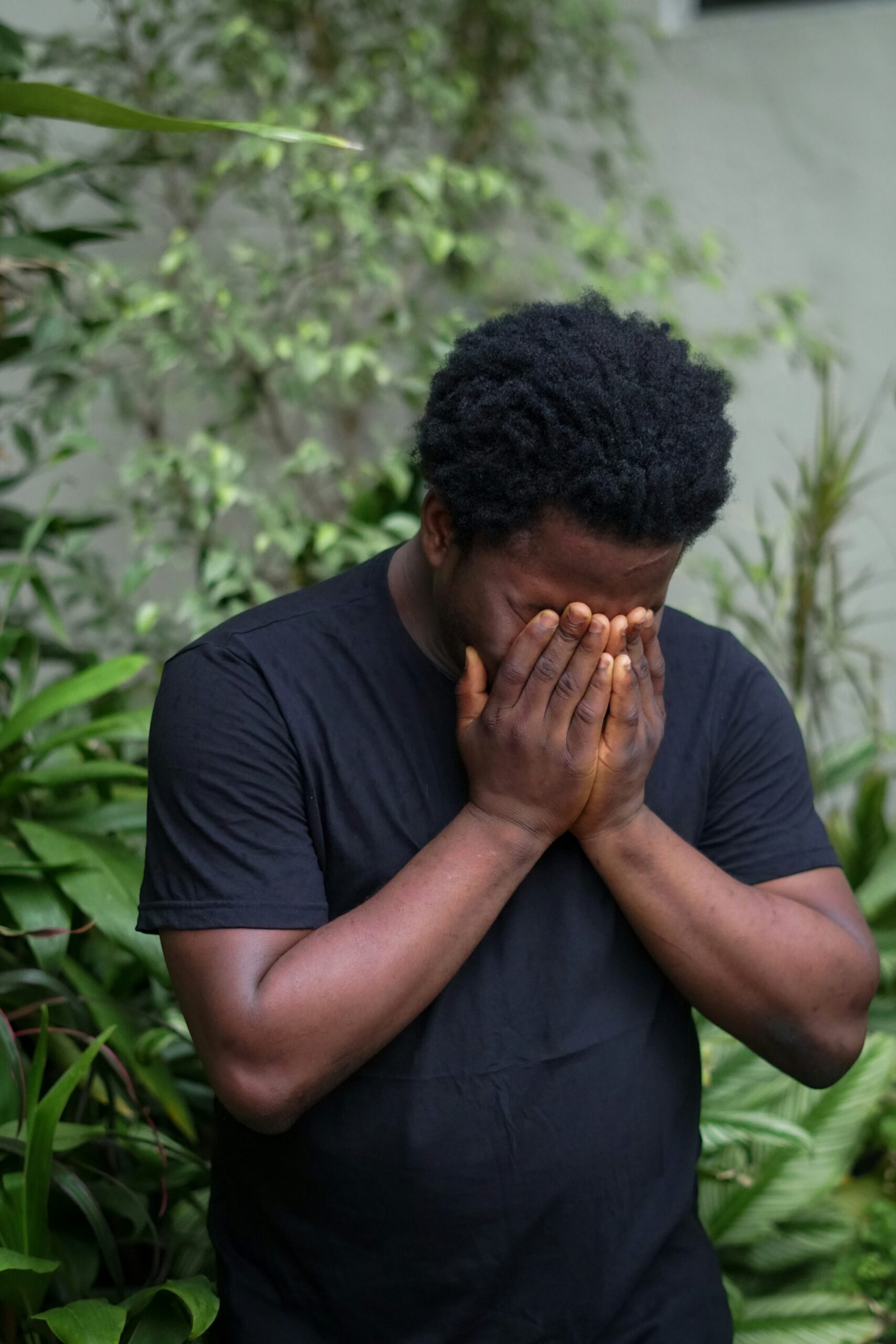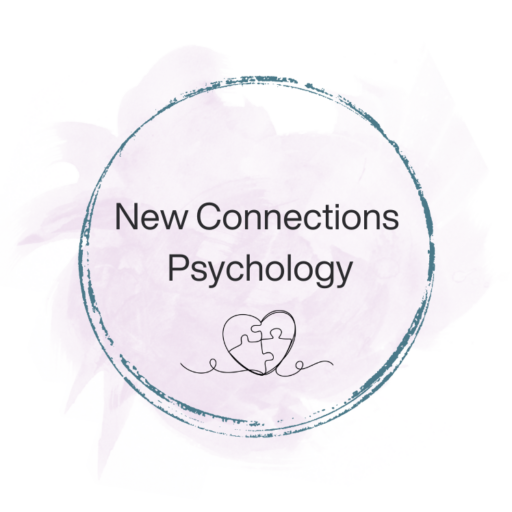
Understanding Anxiety
Anxiety is a natural response to stress, uncertainty, or perceived danger, and many people experience it from time to time. While mild anxiety can sometimes help us prepare or stay alert, ongoing or intense anxiety can begin to interfere with daily life. It may affect sleep, concentration, confidence, and relationships. At New Connections Psychology in Melbourne, we provide supportive anxiety counselling to help you make sense of these experiences and find practical ways to feel calmer and more in control.
Symptoms of anxiety
Anxiety can show up in many ways—physically, emotionally, and in how we behave. While symptoms differ from person to person, some common signs include:
- Increased heart rate or palpitations
- Sweating or clammy hands
- Trembling or shaking
- Shortness of breath or difficulty breathing
- Dizziness or lightheadedness
- Muscle tension or aches
- Fatigue or feeling easily tired
- Stomach discomfort or gastrointestinal issues
- Headaches or migraines
- Sleep disturbances, such as difficulty falling asleep or staying asleep
- Excessive worrying or an inability to control worrying
- Feeling restless or on edge
- Irritability or easily becoming agitated
- Feeling overwhelmed or a sense of impending doom
- Difficulty concentrating or experiencing mind going blank
- Catastrophic thinking or expecting the worst to happen
- Heightened sensitivity to stimuli (hypervigilance)
- Feelings of tension or nervousness
- A sense of detachment from reality (depersonalization or derealization)
- Avoidance of triggering situations or events
- Seeking reassurance from others excessively
- Procrastination or difficulty making decisions
- Changes in appetite, either overeating or loss of appetite
- Restlessness or difficulty sitting still
- Nail-biting, fidgeting, or other nervous habits
- Compulsive behaviors or rituals to alleviate anxiety
- Social withdrawal or isolating oneself from others
- Difficulty in initiating or completing tasks due to anxiety
It’s normal to feel anxious at times, but if anxiety feels overwhelming or makes everyday life harder, speaking with a psychologist can provide tools and strategies to help manage it.

Counselling for Anxiety
Anxiety can feel overwhelming and exhausting, often affecting the way we think, feel, and connect with others. Counselling offers a safe and supportive space to explore your worries, understand what might be contributing to them, and develop new ways of coping.
In sessions, we look at practical strategies to ease physical symptoms, manage racing thoughts, and build a greater sense of calm and confidence. This may include learning relaxation strategies, grounding techniques, and approaches to quiet the nervous system when anxiety feels heightened.
At New Connections Psychology in Camberwell, our psychologists draw on evidence-based approaches such as Cognitive Behavioural Therapy (CBT), Emotion-Focused Therapy (EFT), Interpersonal Therapy (IPT), and EMDR when helpful. Each session is shaped around your individual needs and what feels most supportive for you right now.
Local Support in Melbourne
Our practice is based in Camberwell, with easy access to surrounding suburbs including Hawthorn, Burwood, Surrey Hills, and Balwyn. We also provide online therapy for clients who prefer to access anxiety counselling from the comfort of home.
Take the Next Step
Living with anxiety can feel draining and overwhelming, but support is available. At New Connections Psychology in Camberwell, we provide anxiety counselling in Melbourne that’s centred on understanding what you’re going through and finding approaches that feel manageable for you. If you’d like to see whether counselling may be a good fit, you’re welcome to contact us for a free 15-minute consultation.

